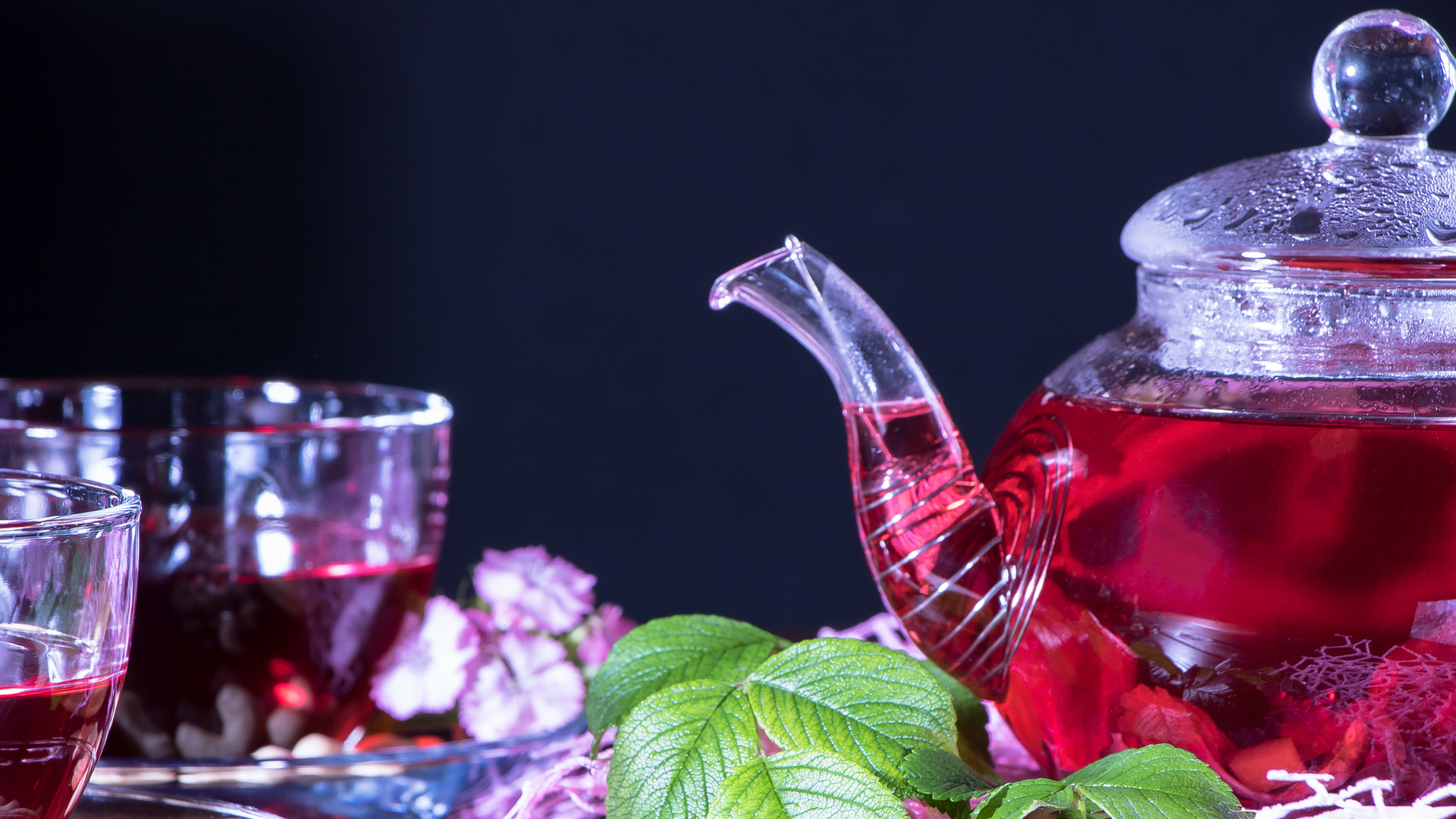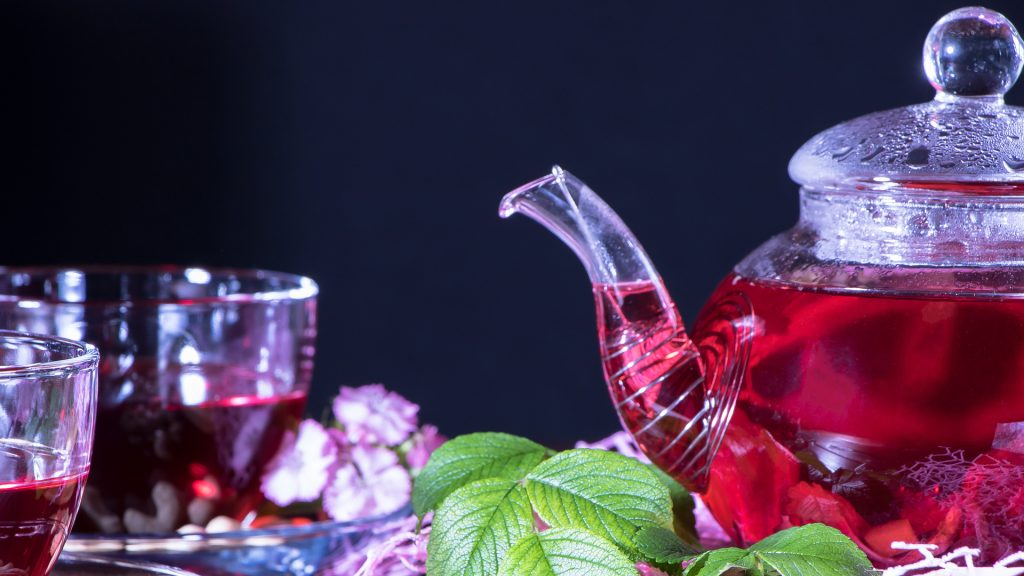Researchers have discovered that a cup of red mulberry leaf tea could be the key to controlling post-meal blood sugar spikes.
A recent clinical study showed that this herbal drink was able to reduce blood glucose levels by 43% within just half an hour of consuming it with table sugar.
The study revealed that the natural compounds in mulberry leaves selectively slow the absorption of sugars, offering a promising natural solution to the problem of post-meal blood sugar spikes affecting millions worldwide.
This finding represents new hope for natural therapeutic alternatives for type 2 diabetes, which affects over 800 million people globally, especially since the tea showed no digestive side effects compared to conventional medications.
The research team found that consuming red mulberry leaf tea alongside table sugar (sucrose) led to a remarkable decrease in glucose and insulin levels after the meal, with measurements showing a 25.6% (1.19 mmol/L) drop after 15 minutes and a 43.6% (2.03 mmol/L) drop after 30 minutes. Insulin levels also significantly decreased at 15, 30, and 60 minutes post-meal, while no similar effect was observed when the tea was taken with pure glucose.
Scientists attribute this phenomenon to the high concentration of polyphenol compounds, especially ellagic acid, in red mulberry leaves. These compounds inhibit the enzymes responsible for breaking down sucrose in the intestine, namely alpha-glucosidase and beta-fructofuranosidase, which slows digestion and absorption, thus preventing sudden blood sugar spikes.
These results come at a time when the world faces a growing health crisis with type 2 diabetes, whose prevalence has alarmingly doubled since 1990, now affecting over 800 million people worldwide. Amid ongoing searches for safe and affordable ways to manage blood sugar levels, such studies exploring natural alternatives are increasingly important.
Red mulberry leaf tea is rich in bioactive compounds such as phenolic acids, ellagitannins, and flavonoids, and it lacks the digestive side effects often associated with conventional drugs like acarbose.
The study was based on a rigorous methodology involving 20 healthy adult participants and conclusively showed that the tea’s positive effect was evident only with sucrose and not with pure glucose.
Despite these promising results, researchers caution about some methodological limitations such as the small sample size, short study duration, and restriction to healthy individuals. The research team calls for broader studies including diabetic patients and those with impaired glucose tolerance, as well as long-term studies to investigate the sustained effects of consuming this tea.














Recommended for you
Exhibition City Completes About 80% of Preparations for the Damascus International Fair Launch
Talib Al-Rifai Chronicles Kuwaiti Art Heritage in "Doukhi.. Tasaseem Al-Saba"
Unified Admission Applications Start Tuesday with 640 Students to be Accepted in Medicine
Egypt Post: We Have Over 10 Million Customers in Savings Accounts and Offer Daily, Monthly, and Annual Returns
His Highness Sheikh Isa bin Salman bin Hamad Al Khalifa Receives the United States Ambassador to the Kingdom of Bahrain
Al-Jaghbeer: The Industrial Sector Leads Economic Growth